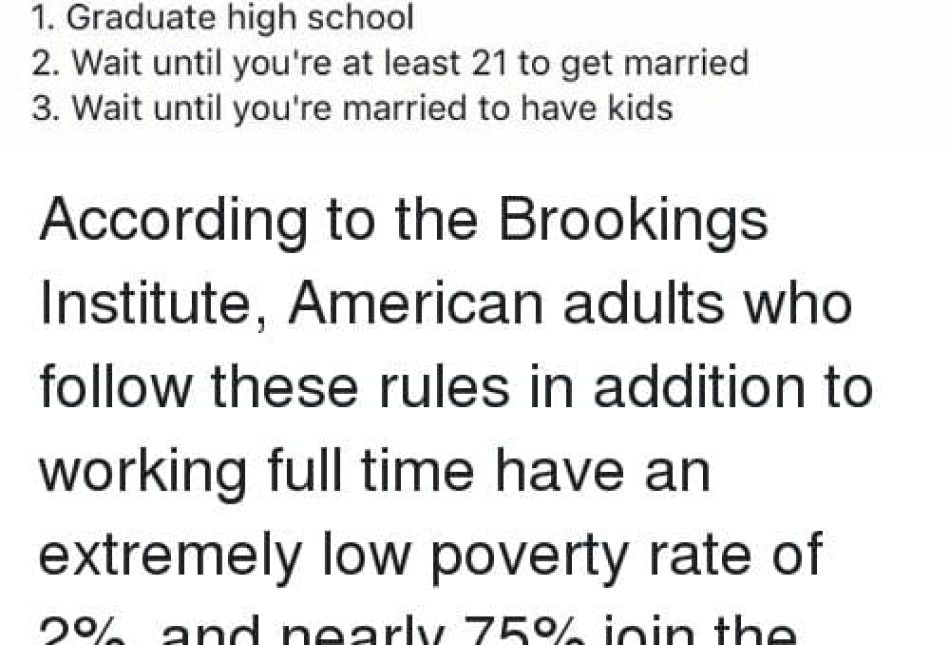Institutional racism or something more complicated?


There has been a lot of talk recently in New Mexico political circles about the extremely touchy issue of racism or institutional racism. As a Catholic, I remain outraged by Allen Sánchez, the lobbyist for the archbishops in New Mexico, asserting that racism was behind the opposition to his preferred means of funding pre-K by raiding the state’s Land Grant Permanent Fund.
Sánchez went on to soften his statement — while not really backing away from it — by saying the issue was institutional racism. This claim has been made in subsequent columns, including by prominent Democrats in the Legislature.
Racism exists. Racist policies have impacted people in New Mexico in ways that have negative impacts in our state and nation to this very day. And, while it is much harder to define, there can be no doubt that institutional racism is also a reality.
It has been asserted by Sánchez and others that pre-K and other early childhood programs are surefire means to mitigate the impacts of racism. They assert that such programs will have great impact on minority educational and social outcomes.
While a wide range of experts question the pros and cons of using the Land Grant Permanent Fund to finance these new programs, by calling their opponents racist or supporters of institutional racism, these advocates and politicians are attempting to shut down a very important debate about the very merits of early childhood education in the first place.
For starters, even if academic studies seem to support these programs, this is New Mexico. Existing public schools are not doing a great job. Our state consistently ranks as the worst or among the worst performers. Should we be doing more to improve our existing education systems (including federally funded Head Start) before we put millions of dollars annually into new programs?
Other initiatives, including getting high-quality teachers in the classroom and providing for a program of teacher mentoring, could have far bigger impacts on student performance than the more costly pre-K.
And then there is personal responsibility, which is too often ignored in favor of government-driven solutions. Racism and poverty are real issues in this state, but according to the liberal Brookings Institution’s 2013 report, “Three Simple Rules Poor Teens Should Follow to Join the Middle Class,” if teens “finish high school, get a full-time job and wait until age 21 to get married and have children,” they almost always can manage to escape poverty.
Again, according to Brookings, “of American adults who followed these three simple rules, only about 2 percent are in poverty and nearly 75 percent have joined the middle class.”
Government has a limited impact in these three areas. Surely, more plentiful jobs make good-paying work easier to obtain and a high-performing education system will help students perform better in the classroom and stay in school, but each of the three goals outlined by Brookings are both attainable by and the responsibility of the individual.
As both a Catholic and someone who is deeply concerned about his community and state, I wish the church (and aligned activists and legislators) would stress these simple goals (and other means of achieving them like marriage, two-parent families and reading to children), and not spend all its time and political capital pushing costly and complicated solutions when, to a great extent, the solutions are free and available to everyone.
Racism (institutional or otherwise) is a knotty problem. We can all agree that racism is bad and that when we see it we will attempt to stop it. But New Mexico children can’t wait for the last vestiges of racism to be rooted out or for another government program to save the day. They need tools right now to solve problems in their own lives.
Imparting the approach outlined by the Brookings Institution should form the basis of all our efforts to break the cycle of poverty. It would be great if the Catholic Church and other state leaders would recommend and advocate this basic approach to poverty reduction.
Paul Gessing is the president of New Mexico’s Rio Grande Foundation. The Rio Grande Foundation is an independent, nonpartisan, tax-exempt research and educational organization dedicated to promoting prosperity for New Mexico based on principles of limited government, economic freedom and individual responsibility.
